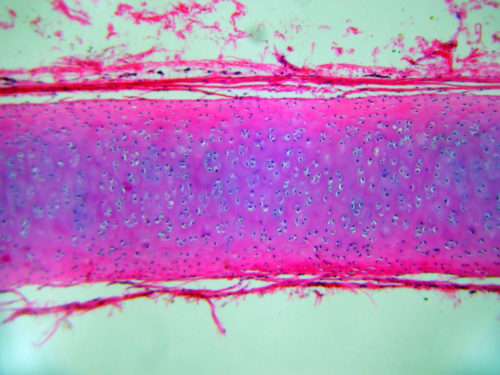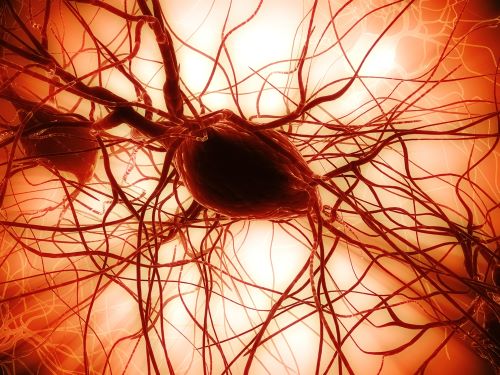The human mind remembers patterns and themes
Brain pattern recognition
To shorten your time devoted to study of anatomy and physiology, take advantage of your brain’s pattern recognition ability. When I was a student learning A&P, I did not have much time to study. I had a son age 6, my husband was an Air Force air traffic controller working rotating around-the-clock shifts, and I commuted to a college twenty miles from home. With all that was happening in my life, I needed an efficient study system. Now, many of my students who are headed for careers in healthcare are sharing that their own lives are much like mine was – that is, time for study is difficult to reserve.
To overcome my shortage of quality time to study anatomy and physiology, I devised a system for detecting patterns in the naming of human body parts. I also tried to arrange physiologic functions into a limited number of memorable themes. These patterns and themes became places for me to store facts and to help me remember details at test time. Later, working as a scientist in physiology and biochemistry, these patterns and themes expanded to provide a framework within which I could follow and store emerging new data.
Much of this website’s articles and posts are devoted to discussion of the patterns and themes encountered in anatomy and physiology. Psychology teaches that all of us are very good at pattern recognition. A theme, the implied or central idea, of what you are trying to learn will last much longer in your memory than the details. And, details learned as part of a theme will remain more precisely in your memory.
Tissue anatomy
Practice pattern recognition in tissue lab. Pattern recognition is the key to identification of tissue types under the microscope. Look at a tissue section under a microscope for a few minutes, and then turn the microscope off. Make notes describing what you saw in detail. Wait 15 minutes and then try to again to describe the details of the tissue without looking at you first set of notes – and without looking again at the tissue section.
Compare your two descriptions, and then turn the microscope on and look at the tissue section a second time. How well did you remember the details of the tissue structure right after you turned off the microscope? How well did you remember the details 15 – 20 minutes later? How well you did will depend upon what you were searching for in the tissue section.
The good news is that the human mind is excellent at seeing and remembering patterns. If you saw a pattern in the tissue section under the microscope that was meaningful to you, then your memory of the details may have been pretty good. If you saw no pattern in the tissue section, then your memory of the details was probably not very accurate.
Physiologic function
Extending the idea of pattern recognition beyond visual impressions to looking for themes in physiologic function also works well. For example, the overall theme of physiology is homeostasis – a topic that I will talk about more in later posts. Placing facts you learn in anatomy and physiology into patterns and themes helps you to remember them.
It will also help you to keep up to date during your career in healthcare. Physiology is a science where details change quickly but major themes evolve only slowly. Example themes in physiology include membrane ion channel regulation, osmotic pressure, energy of molecular bonds, fluid compartment maintenance, set point control.
Let’s look at an example of how even anatomy – a ‘finished science’ – can add new detail to its basic patterns the support a physiologic function. Below is an artist’s diagram of how students in the past might have imagined that the neural connections in a brain. This image shows neuron processes taking off in multiple directions – very much like tangled spaghetti!
In contrast the image below is from a recent publication of scientists at Harvard Medical School describing in detail the neuronal fiber pathways in the human brain. Data were collected from a living brain with new noninvasive tools. While the pattern of connections between brain regions documented over decades is still valid, the paths taken by neuronal fibers from one section of the brain to another are no longer believed to take the form of tangled spaghetti.
Publication of the Harvard research titled “The Geometric Structure of the Brain Fiber Pathways” by Wedeen VJ et al. can be found in the March 30, 2012 issue of Science, Vol 335, page 1628-1634.
Also, check out the investigator’s YouTube video “New Discoveries in Brain Structure Connectivity” that has their awesome pictures showing how neuron axons course in a pattern through the human brain.
Further reading
Human Tissue Lab Practical Exams
Do you have questions?
Please put your questions in the comment box or send them to me by email at DrReece@MedicalScienceNavigator.com. I read and reply to all comments and email.
If you find this article interesting share it with your fellow students or send it to your favorite social media site by clicking on one of the buttons below.
Margaret Thompson Reece PhD, physiologist, former Senior Scientist and Laboratory Director at academic medical centers in California, New York and Massachusetts is now Manager at Reece Biomedical Consulting LLC.
She taught physiology for over 30 years to undergraduate and graduate students, at two- and four-year colleges, in the classroom and in the research laboratory. Her books “Physiology: Custom-Designed Chemistry”, “Inside the Closed World of the Brain”, and her online course “30-Day Challenge: Craft Your Plan for Learning Physiology”, and “Busy Student’s Anatomy & Physiology Study Journal” are created for those planning a career in healthcare. More about her books is available at https://www.amazon.com/author/margaretreece. You may contact Dr. Reece at DrReece@MedicalScienceNavigator.com, or on LinkedIn.
Dr. Reece offers a free 30 minute “how-to-get-started” phone conference to students struggling with human anatomy and physiology. Schedule an appointment by email at DrReece@MedicalScienceNavigator.com.





